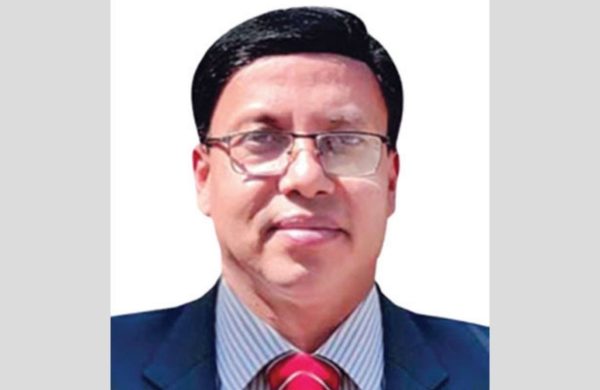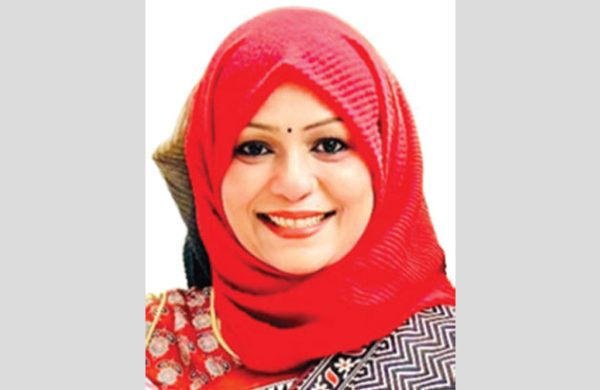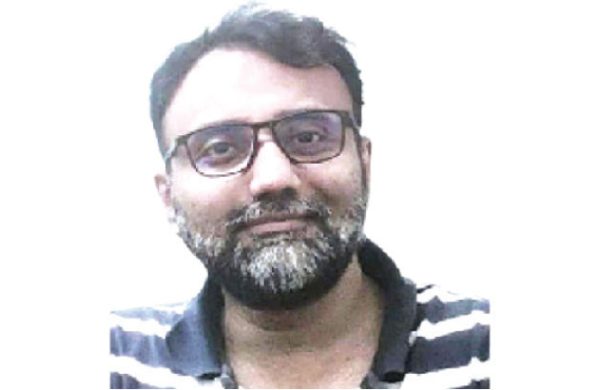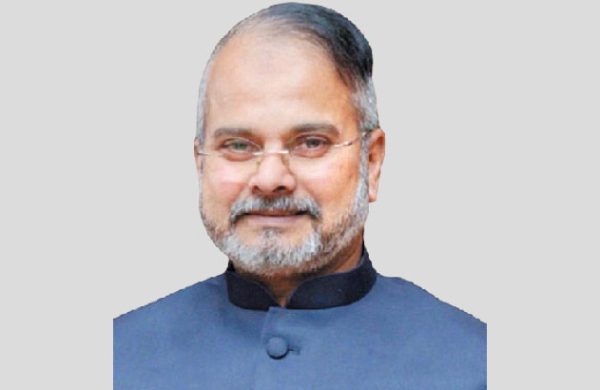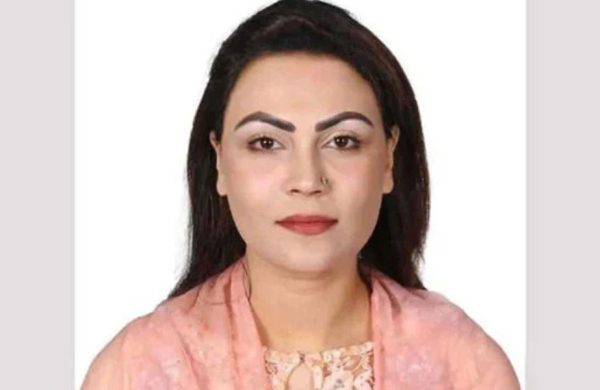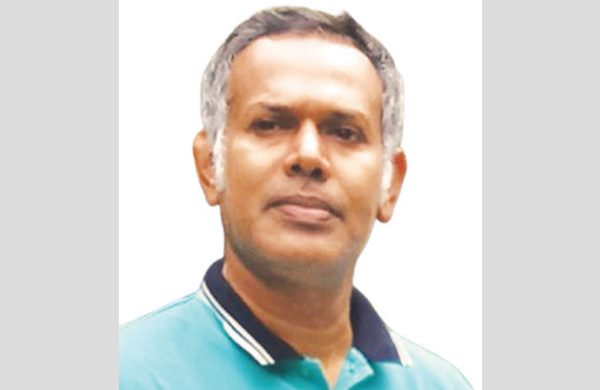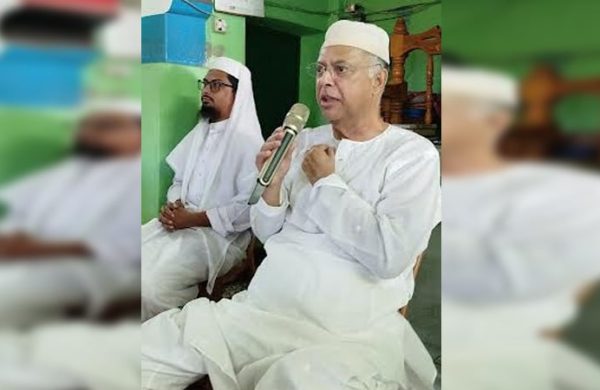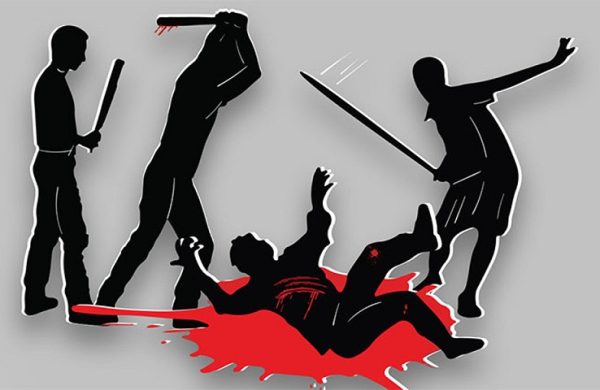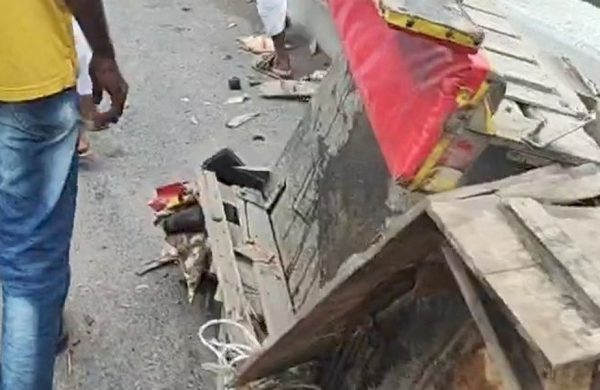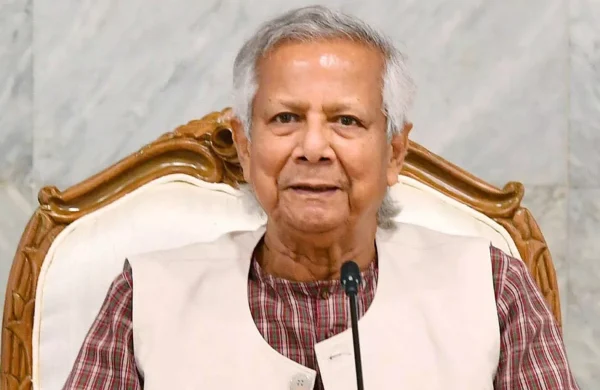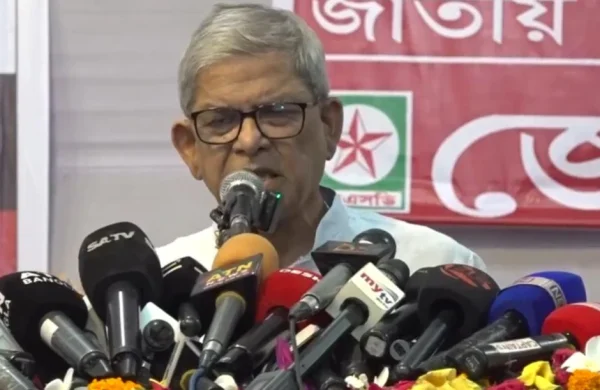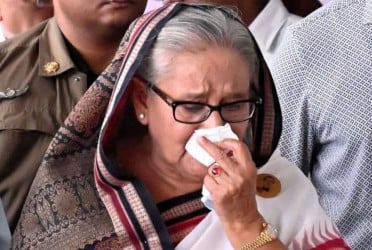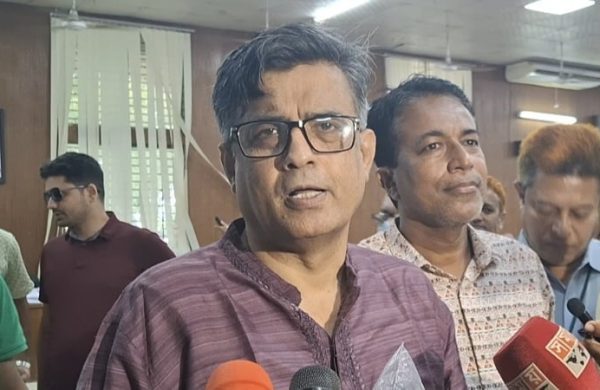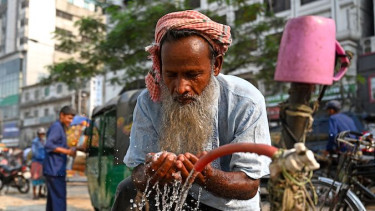Crisis of Quality Education in Bangladesh
- Update Time : Wednesday, October 8, 2025

—Md. Kafi Khan—
An Inquiry into Knowledge, Society, and Human Destiny. Education is not a task of filling the mind, but of awakening its courage and curiosity. A nation that neglects the mind of its children sows shadows in the garden of its future.
THE MIRROR OF REALITY: UNDERSTANDING THE CRISIS
The mind becomes alive not when it is fed, but when it is invited to wonder. Bangladesh, a nation of luminous potential, stands at a crossroads. While literacy rates have risen, the quality of education lags, creating a paradox: children attend schools, but many leave without the tools to think, imagine, and thrive. Overcrowded classrooms, outdated pedagogy, and overwhelmed teachers are daily realities, leaving millions of bright minds confined within systemic limitations. Research by BANBEIS shows that despite over 90% enrollment in primary education, nearly 60% of students lack competency in basic mathematics, reading, or science. This is not merely a statistic it represents lost dreams, unrealised potential, and a moral challenge for society.
Human Story: Anika, a ten-year-old from rural Barisal, dreams of becoming an engineer. Her school provides only rudimentary instruction, and her teachers, constrained by rigid curricula, cannot nurture her curiosity. Each year, her aspirations collide with systemic limitations a human face to a national crisis.
Philosophical Reflection: Education must awaken intellect and character. A system that prioritises memorisation over thought diminishes both the individual and the society. Bangladesh’s crisis is, therefore, a crisis of ethics, imagination, and human dignity. When minds are confined by routine, the spirit of a nation cannot soar.
Historical Roots: From Liberation to Stagnation
The present is shaped by the paths we chose to ignore in the past. Bangladesh’s educational journey reflects its socio political history. Colonial legacies created elitist structures, while post-independence efforts prioritised enrollment over the cultivation of critical thought. The result: systemic inefficiency, underpaid teachers, and curricula that fail to reflect contemporary realities. International assessments show that Bangladeshi students lag significantly behind global peers, revealing structural gaps that decades of reform have yet to bridge.
Human Story: Rafiq, a retired Dhaka teacher, recalls the hope of post-independence schooling. Yet over decades, he has witnessed the erosion of pedagogical ideals under bureaucracy, politics, and resource scarcity a human chronicle of systemic neglect.
Philosophical Reflection: Education is the river of civilisation: when its flow is blocked, decay spreads. Bangladesh’s current crisis is a reminder that nation-building without intellectual cultivation is hollow. A nation that ignores its scholars plants a future of shadows and echoes.
STRUCTURAL FAILURES: THE ANATOMY OF DECLINE
Knowledge that is not nurtured with care becomes a tool for compliance, not for courage. Bangladesh’s education system struggles with structural failures:
Curriculum Obsolescence: Textbooks emphasise memorisation over inquiry.
Teacher Training Deficits: Inadequate guidance leaves educators unprepared to inspire.
Resource Scarcity: Libraries, labs, and infrastructure are often absent, especially in rural areas.
Societal Misalignment: Education is seen as a ticket to exams rather than a cultivation of mind and conscience.
Human Story: Salma, a student in Sylhet, first saw a science lab with one broken microscope and no guidance. Her curiosity dimmed a microcosm of the systemic failure to ignite minds.
Philosophical Reflection: Education demands a culture of inquiry. Without it, we cultivate memorisation, not wisdom; compliance, not courage. A mind denied freedom is like a river blocked; potential stagnates and hope withers.
COURAGE AND INNOVATION: PATHS TO RENEWAL
Even a small spark of creativity can ignite the wilderness of forgotten potential. Hope survives in Bangladesh through innovators and NGOs challenging convention: Community-led project-based learning in rural regions. Digital platforms introducing STEM and coding to marginalised children. Teacher programs emphasising ethics, emotional intelligence, and creativity.
Human Story: In Chittagong, Mr. Hasan, a retired engineer, volunteers weekly, introducing practical science experiments. Students once disengaged now approach learning with curiosity, demonstrating that systemic transformation is possible even with limited resources.
Philosophical Reflection: Education reform is an ethical duty. Beyond access, we must nurture intellect, imagination, and moral courage. When we plant the seeds of curiosity, we cultivate a forest of possibility.
GLOBAL RESONANCE: LESSONS BEYOND BORDERS
The struggle for quality education is universal; its victory is the liberation of human spirit.Bangladesh’s crisis mirrors challenges worldwide. The nation’s journey offers lessons: economic growth without intellectual cultivation is incomplete; literacy without comprehension is hollow. Global partnerships and technology can aid, but ultimate transformation must be societal a recognition that education is sacred, teachers are artisans of the mind, and every child deserves to flourish fully.
Human Story: Ayesha, a Bangladeshi student and international science fair winner, attributes success to mentorship and self study rather than formal schooling. Her story highlights the limits of the system and the power of human resilience.
Philosophical Reflection: Education is civilisation’s heartbeat. When it falters, society falters; when it thrives, humanity advances. Bangladesh’s struggle is a global reminder that the fate of education shapes the destiny of nations. The true measure of progress is the light we kindle in the minds of children.
THE IMPERATIVE OF ACTION
Knowledge awakens the mind; courage awakens the soul; education must awaken both. The crisis of quality education in Bangladesh demands urgent moral, structural, and cultural action. Policymakers, educators, parents, and society must embrace innovation, courage, and ethical responsibility. Only then can the potential of millions of children be realised, and the nation’s promise fulfilled.
Final Human Reflection: Every child like Anika, Salma, or Ayesha carries within them a universe of possibility. The challenge and moral duty is to ensure this universe is not dimmed by neglect but illuminated by guidance, opportunity, and imagination. To educate a child is to light a candle that can illuminate the world.
——————————————————
The writer is the Company Secretary at City Bank PLC


